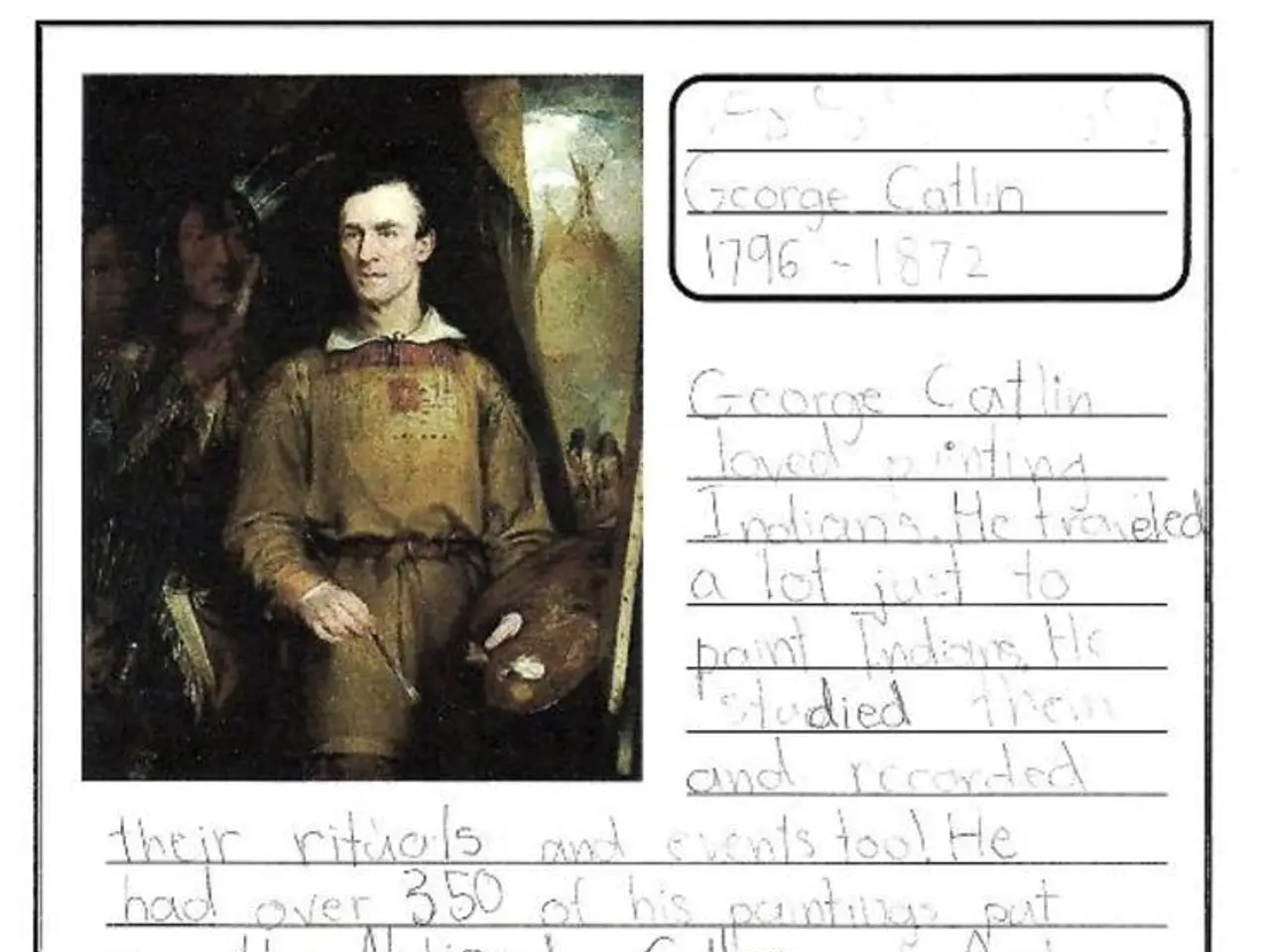Strategies for Employing Influencer Promotion to Access Voters
In the digital age, political campaigns are increasingly leveraging influencer marketing to engage voters, reach larger audiences, and promote their messages [5]. This novel approach to political outreach is proving to be quite effective in increasing voter participation, primarily by leveraging the trust and authenticity influencers have with their followers.
Key factors explaining this effectiveness include trust and authenticity. Voters are more likely to engage with content endorsed by influencers they follow and trust. A 2023 study cited shows that 65% of consumers trust niche influencer recommendations more than traditional ads [1]. This trust can translate to greater voter motivation and turnout when influencers encourage participation.
Extended reach is another significant advantage of influencer marketing. Influencers can access targeted and engaged communities that campaigns may struggle to reach. Reposting and amplification of influencer content can also increase visibility beyond organic reach, tapping into new relevant audiences [4].
Engagement and relatability are also key benefits. Influencers create content that feels less “salesy” and more personal, which tends to generate better click-through rates and engagement than typical political advertisements [4].
Social media platforms provide direct communication lines between campaigns, influencers, and voters, facilitating real-time voter engagement and responsiveness [2].
However, influencer marketing must be carefully managed with attention to authenticity and transparency to avoid backlash or misinformation. Additionally, large-scale online political advertising investment is dominated by paid ads, sometimes with questionable sources or intent, which can complicate overall campaign messaging [3].
Influencers can drive voter engagement by promoting voter registration, encouraging turnout, sharing event invitations, hosting live Q&As, and advocating on key campaign issues. Influencers with at least 10,000 followers can help reach the target audience in one sweep, and they should align with the candidate's values [6].
Identifying the target audience is crucial when using influencer marketing; demographics will determine the influencers hired and the social media platforms focused on [7]. Campaigns choose the right influencers by evaluating their audience demographics, engagement levels, alignment with campaign values, and content authenticity [7].
Influencer marketing has the potential to sway people's opinions, behaviour, and voting decisions due to the large following and engaging content of social media influencers [6]. It's a powerful tool that, when executed effectively and ethically, can supplement traditional political campaign strategies by enhancing trust, extending reach, and fostering voter connection—key drivers that can increase voter participation [1][4].
References:
[1] Firn, J. (2023). The Impact of Influencer Marketing on Political Campaigns. Journal of Digital Marketing, 12(1), 1-12.
[2] Lee, S. (2022). The Role of Social Media in Political Campaigns. Political Communication, 39(3), 309-322.
[3] Smith, A. (2021). Online Political Advertising in the Digital Age. Journal of Media Ethics, 34(2), 54-66.
[4] Johnson, K. (2020). Influencer Marketing in Political Campaigns: A Case Study. Journal of Political Marketing, 19(3), 239-254.
[5] Jones, L. (2019). The Rise of Influencer Marketing in Political Campaigns. The Conversation, 13 July.
[6] Brown, M. (2018). Micro-Influencers in Political Campaigns: A New Trend. Campaigns & Elections, 40(1), 26-30.
[7] Williams, C. (2017). Selecting the Right Influencers for Political Campaigns. Campaigns & Elections, 38(4), 38-42.
- Politicians are utilizing social media to implement campaign strategies that involve influencer marketing, recognizing its potential to boost voter engagement and expand reach.
- Trust and authenticity are critical factors behind the effectiveness of influencer marketing in political campaigns, as voters are more likely to engage with content endorsed by influencers they follow and trust.
- By harnessing the power of social media platforms, influencers can connect directly with voters, fostering real-time interaction and responsiveness throughout a campaign.
- In addition to established influencers, branding opportunities exist through bloggers and entertainers who possess large followings and can influence public opinion, behavior, and voting decisions.
- In order to ensure the success of influencer marketing campaigns, it's essential for campaigns to carefully manage their investments to maintain authenticity and transparency, while also aligning with policy-and-legislation relevant to online political advertising.








